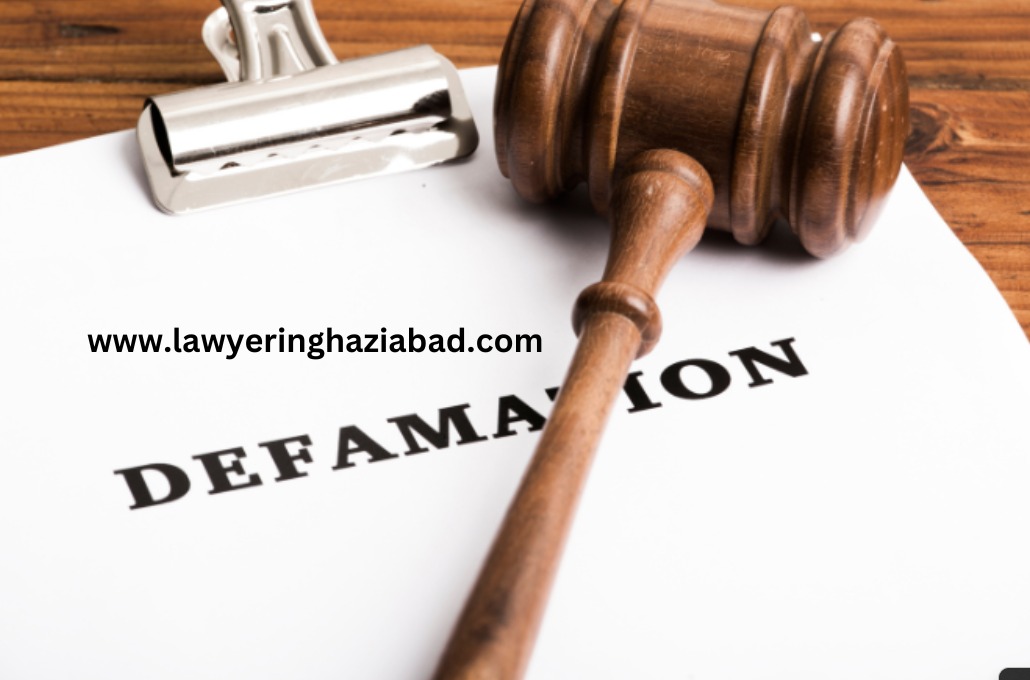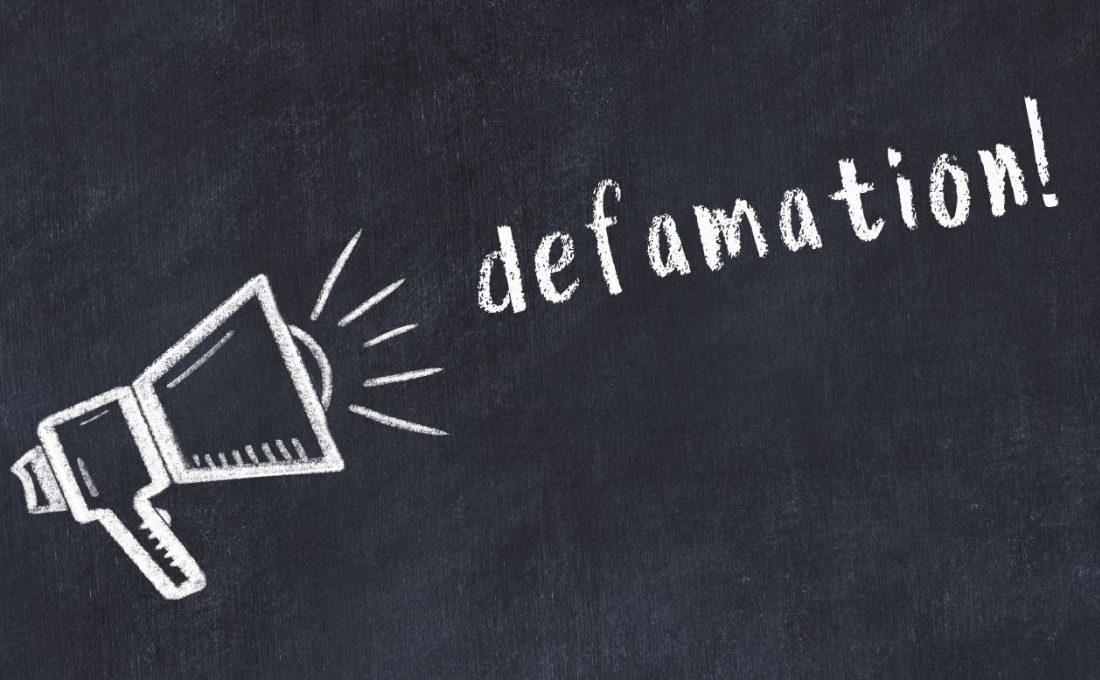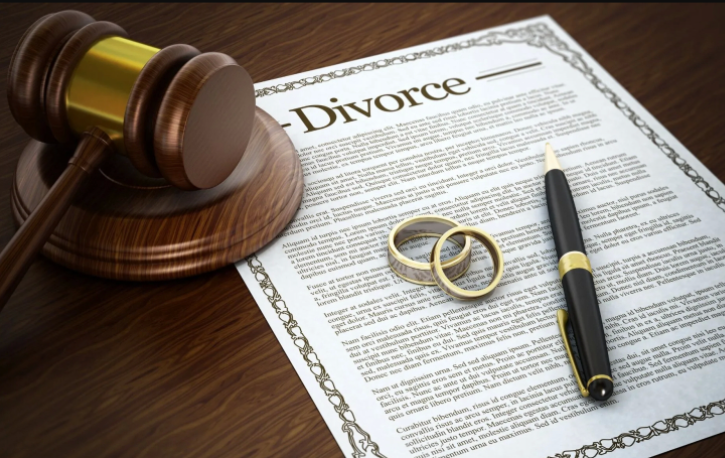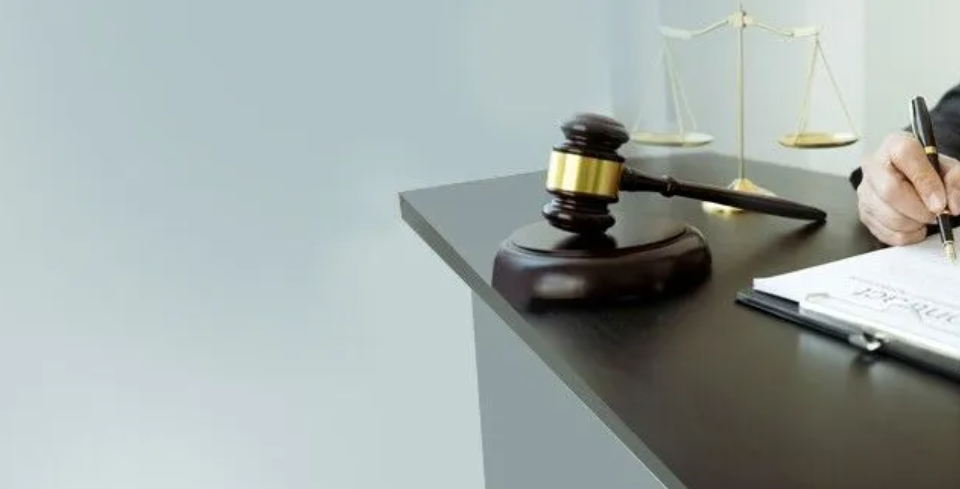
Lawyer in Ghaziabad is a leading law firm with its presence in India and abroad, operating out of offices in: Delhi, Noida and Ghaziabad. It is one of the best law firms in Delhi, Noida and Ghaziabad with an exceptional experience and reputation in the legal arena.
- Legal Consultation
- Transparent Communication
- Results-Oriented
Defamation Suit Lawyer in Ghaziabad
Defamation Case Lawyer in Ghaziabad
Defamation Case Lawyer in Ghaziabad
Your Legal Shield Against False Allegations
Defamation is a grave offense that can severely impact a person’s reputation, dignity, and professional standing. It occurs when false and damaging statements are made against an individual or organization, either orally (slander) or in written form (libel), with the intent to harm their reputation. Whether it’s a baseless rumor spread in public, a malicious social media post, or a false article published in the press, defamation can lead to long-lasting emotional, social, and financial consequences for the victim. A defamation suit is a powerful legal remedy to combat such wrongful actions. By filing a defamation case, victims can take a stand against malicious falsehoods and work toward restoring their reputation. This legal action allows individuals to seek justice by proving that the statements made were untrue and caused harm to their character. Additionally, victims can claim compensation for the damages they have suffered, including mental distress, loss of reputation, or financial harm. we specialize in handling defamation cases with expertise and sensitivity. Our experienced legal team helps clients build a strong case, present evidence, and secure a fair resolution to protect their rights and dignity. Contact us today for personalized legal guidance.
What is Defamation?
Defamation is the act of making a false statement about an individual or organization, intentionally or negligently, which is communicated to a third party and results in harm to the subject’s reputation. It is a civil or criminal offense aimed at protecting individuals and entities from unjust damage to their character, standing, or public image. The essence of defamation lies in the falsehood of the statement and its potential to tarnish the reputation of the defamed party. Defamation can take two primary forms: libel and slander. Libel refers to written or published defamatory statements, such as those in newspapers, online posts, blogs, or emails. It is typically more severe because written content has a longer lifespan and a wider reach. Slander, on the other hand, refers to spoken defamatory statements made through verbal communication, such as public speeches or conversations. While slander may not have the permanence of libel, it can still cause significant harm when communicated to an audience. For a claim of defamation to be valid, the statement in question must be demonstrably false, communicated to at least one third party, and directly result in harm to the reputation of the defamed individual or entity. However, certain defenses are recognized under the law, such as truth, fair comment on matters of public interest, or statements made with privileged protection, such as in judicial or parliamentary proceedings. At its core, defamation law seeks to balance the right to freedom of speech with the need to protect individuals and entities from reputational harm. Understanding these nuances is critical when addressing defamation cases, whether filing a claim or defending against one. Seeking expert legal advice is essential to navigate this complex area of law effectively.
Key Elements of a Defamation Suit
To successfully file and win a defamation suit, the plaintiff must prove specific key elements in court. First, it must be established that a false statement was made about the plaintiff. The statement must then be shown to have been communicated to a third party, either through speech, writing, or any other medium. Importantly, the plaintiff must demonstrate that the statement caused actual harm to their reputation, dignity, or professional standing. Additionally, the statement must not fall under any recognized legal defenses, such as truth, privilege, or fair comment on matters of public interest. These elements collectively form the foundation of a defamation claim, ensuring a balance between free speech and protection against reputational harm.
- False Statement: The statement made about the plaintiff must be untrue.
- Publication: The statement must have been communicated to a third party, either verbally or in writing.
- Harm to Reputation: The statement must have caused damage to the plaintiff’s personal, professional, or social standing.
- Malicious Intent or Negligence: The defendant must have acted with intent to harm or in a negligent manner, disregarding the truth.

How to File a Defamation Suit?
Filing a defamation suit involves a structured legal process aimed at restoring your reputation and seeking justice for harm caused by false statements. The first and most critical step is gathering all relevant evidence that proves the defamatory act. This may include printed articles, emails, social media posts, text messages, or audio/video recordings of the statement. These pieces of evidence are essential to demonstrate that the statement was made, communicated to a third party, and caused damage to your reputation. Once the evidence is collected, consult an experienced lawyer who specializes in defamation cases. The lawyer will guide you through the legal requirements and procedures to ensure a strong case. The process often begins with sending a legal notice to the accused party. This notice formally outlines the defamatory statement, the harm caused, and a demand for a public retraction, apology, or both. This step provides an opportunity for an out-of-court resolution, which can save time and resources for both parties. If the accused fails to respond satisfactorily to the legal notice, the next step is to file a defamation suit in the appropriate court. In the case of civil defamation, you can seek monetary compensation for damages, including loss of reputation, emotional distress, or financial harm. For criminal defamation, the court may impose penalties or imprisonment on the accused if proven guilty. The court will thoroughly assess the evidence, intent, and impact of the defamatory statement before reaching a verdict. Throughout this process, legal representation is crucial to navigating the complexities of defamation law and ensuring your rights are protected. Filing a defamation suit is not only about seeking justice but also about restoring your dignity and holding the responsible party accountable for their actions.
Common Defenses Against Defamation
While defamation is a serious offense, the accused party has several legal defenses that can be presented in court to refute the claim. One of the most common defenses is truth. If the defendant can prove that the allegedly defamatory statement is factually true, the defamation suit will fail, as truth is an absolute defense. Another significant defense is privilege, which is categorized as absolute or qualified. Absolute privilege applies to statements made in specific settings, such as parliamentary debates or judicial proceedings, where the speaker is granted complete immunity. Qualified privilege, on the other hand, protects statements made in good faith and without malice, often in the context of fulfilling a legal, moral, or social duty. The defense of fair comment or opinion is also frequently invoked. This applies when the statement in question is an opinion rather than a factual assertion, especially if it pertains to matters of public interest. For this defense to succeed, the comment must be honest, made without malice, and based on true facts. Another defense is lack of intent, where the accused may argue that the statement was made without the intention to harm or defame the plaintiff. Additionally, the accused can claim consent, arguing that the plaintiff consented to the publication of the statement. These defenses collectively aim to balance freedom of speech with protection against reputational harm.
- Truth: If the statement made is true, it is not considered defamation.
- Fair Comment: Statements made as an honest opinion or fair criticism on matters of public interest are protected.
- Privilege: Statements made in specific privileged settings, such as courtrooms or parliamentary proceedings, are exempt from defamation claims.
Why a Defamation Suit is Important
In today’s interconnected world, where social media and digital platforms have the power to amplify any message, protecting one’s reputation has become more critical than ever. A single defamatory statement, whether shared publicly or privately, can spread rapidly, causing irreparable harm to an individual’s personal and professional life. The consequences of such false and malicious statements are far-reaching, leading to social isolation, loss of employment opportunities, strained relationships, and even emotional and mental distress. A defamation suit is an essential tool for addressing these challenges. Filing a defamation case allows individuals and organizations to legally challenge and counter false statements made against them. It provides a structured platform to prove the inaccuracy of the defamatory claims and to seek justice for the harm caused. One of the key benefits of pursuing a defamation suit is the restoration of the victim’s reputation. A court’s acknowledgment of the defamatory act can clear doubts, rebuild trust, and reaffirm the integrity of the individual or entity affected. Additionally, a defamation suit serves as a strong deterrent. It sends a clear message that false allegations or malicious statements will not be tolerated and can have serious legal repercussions. This discourages individuals from engaging in such wrongful actions in the future, promoting accountability in public discourse. Moreover, victims of defamation can seek monetary compensation for the damages caused, such as loss of income, emotional trauma, or professional setbacks. In a world where reputation is closely tied to personal and professional success, a defamation suit ensures that false statements do not go unchecked. It empowers victims to take control of their narrative, hold the offenders accountable, and protect their dignity. By filing a defamation suit, individuals not only safeguard their reputation but also contribute to a culture of responsibility and truthfulness in communication.
Choose Lawyer in Ghaziabad?
At Lawyer in Ghaziabad, we recognize the serious implications defamation can have on an individual’s personal and professional life. A damaged reputation can lead to social alienation, career setbacks, and emotional distress. That’s why we are dedicated to providing expert legal assistance tailored to your unique needs, ensuring your rights and reputation are safeguarded. Our team of experienced legal professionals specializes in handling defamation cases, whether they involve libel or slander. We approach each case with a thorough understanding of defamation law and a commitment to achieving the best possible outcome for our clients. From the initial consultation, we provide personalized strategies to address your concerns. Whether it involves drafting and sending a legal notice, negotiating an out-of-court resolution, or filing a defamation suit, we ensure comprehensive support at every step of the process. We focus on gathering and presenting compelling evidence to strengthen your case. Our team is skilled at identifying the nuances of defamation claims, from proving the falsity of statements to demonstrating the harm caused to your reputation. For those falsely accused, we provide robust defense strategies to clear your name and hold the accuser accountable for any malicious intent.
Contact Us Today
If you have been a victim of defamation, it’s essential to take prompt action to protect your reputation and seek justice. At Lawyer in Ghaziabad, we understand the emotional, professional, and social toll that defamation can take, and we are here to help. Our dedicated legal team specializes in handling defamation cases with expertise and sensitivity, ensuring personalized solutions tailored to your unique situation. Whether you need assistance drafting a legal notice, filing a defamation suit, or defending against false allegations, we provide comprehensive support at every step. Don’t let defamatory statements go unanswered—take control of your narrative. Contact Lawyer in Ghaziabad today to schedule a consultation and let us help you restore your reputation and achieve justice.
Defamation is a grave offense that can severely impact a person’s reputation, dignity, and professional standing. It occurs when false and damaging statements are made against an individual or organization, either orally (slander) or in written form (libel), with the intent to harm their reputation. Whether it’s a baseless rumor spread in public, a malicious social media post, or a false article published in the press, defamation can lead to long-lasting emotional, social, and financial consequences for the victim. A defamation suit is a powerful legal remedy to combat such wrongful actions. By filing a defamation case, victims can take a stand against malicious falsehoods and work toward restoring their reputation. This legal action allows individuals to seek justice by proving that the statements made were untrue and caused harm to their character. Additionally, victims can claim compensation for the damages they have suffered, including mental distress, loss of reputation, or financial harm. we specialize in handling defamation cases with expertise and sensitivity. Our experienced legal team helps clients build a strong case, present evidence, and secure a fair resolution to protect their rights and dignity. Contact us today for personalized legal guidance.





